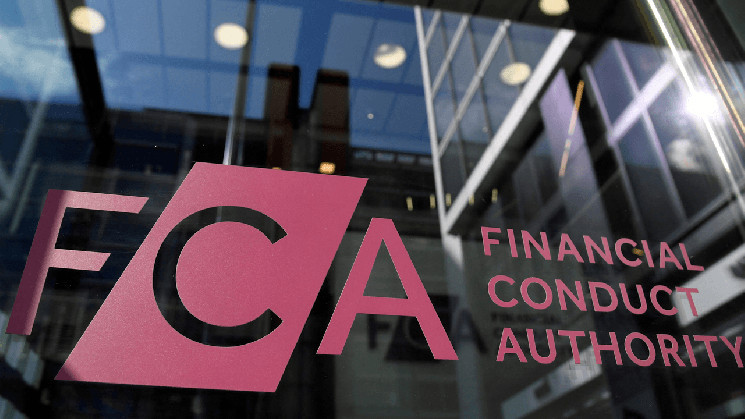As a legal professional, I often find myself advising businesses on the importance of compliance, even at the expense of innovation. However, the UK’s Financial Conduct Authority (FCA) and its financial promotion rules for the crypto industry have proven to be counterproductive in more ways than one.
Introduced in October 2023, the FCA’s finprom rules were intended to protect consumers from misleading crypto advertisements. While the intention was noble, the implementation has created a compliance nightmare that stifles innovation, benefits established players, and drives users towards unregulated platforms where they are at a higher risk of falling victim to scams.
One of the most concerning aspects of these rules is the requirement for all financial promotions to be pre-approved by a select group of FCA-vetted firms. This effectively limits the ability of crypto companies to communicate directly with their audience, turning them into mere conduits for government-approved messages. This level of financial speech control is reminiscent of Orwell’s Ministry of Truth and goes against the principles of free markets.
The ambiguity surrounding what constitutes a financial promotion has left businesses in a state of constant uncertainty, fearing the repercussions of inadvertently violating the rules. This has led to a situation where companies are treading carefully with every communication, unsure of where the line is drawn. The result? Increased legal fees and a flourishing industry for compliance consultants.
Furthermore, the finprom rules extend their reach beyond firms handling transactions to encompass anyone mentioning crypto in connection with a UK resident. This means that third-party publishers, influencers, and even casual bloggers can unwittingly find themselves in breach of FCA regulations, even if they are not directly involved in financial transactions.
The requirement for a cooling-off period for new users before they can engage with a crypto platform is meant to prevent impulsive decisions, but in reality, it drives users towards unregulated platforms that do not impose such delays. This not only undermines consumer protection but also forces compliant crypto companies to bear a significant logistical burden in creating separate UK-specific platforms.
Ultimately, the winners in this scenario are compliance consultants, lawyers, and traditional financial institutions that view crypto as a threat. Meanwhile, consumers have fewer legitimate options, and crypto startups face increased barriers to entry or are forced to exit the UK market altogether.
The repercussions of these regulations are already being felt, with many crypto firms either leaving the UK or abandoning their expansion plans in the region. It is crucial for the FCA to reevaluate its approach before irreparable damage is done, setting a precedent for regulators worldwide on what not to do in the crypto industry.

